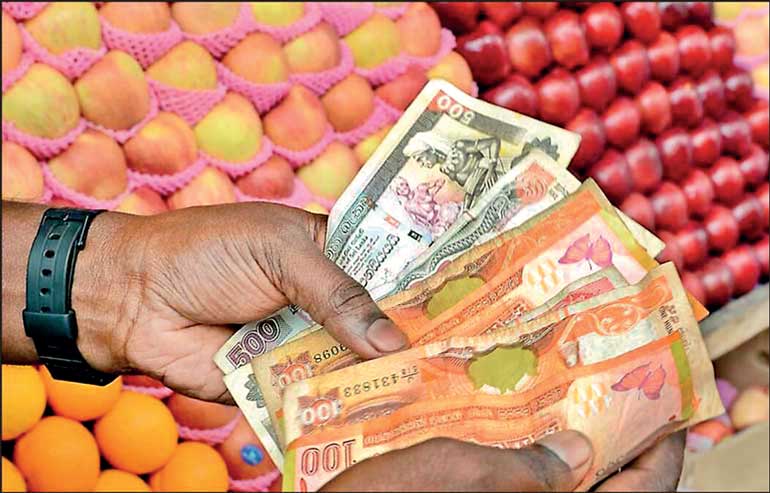Sunday Feb 15, 2026
Sunday Feb 15, 2026
Wednesday, 18 December 2024 00:00 - - {{hitsCtrl.values.hits}}

If the current Government is truly committed to providing social welfare and addressing the needs of the people suffering the most, it must avoid future borrowings in the capital markets
Following is a statement by Yukthi, calling for economic policies that lead to a process of sustainable development that uplifts working people. It opposes a return to high-interest international capital markets, which have already created an intolerable burden for the people
On 13 December 2024, the Secretary to the Ministry of Finance announced the “successful expiration of its consent solicitation and exchange offer related to its international sovereign bonds.” The initial proposal for a deal had been concluded during a blackout period two days before the Presidential election that was held on 21 September 2024. It is a disastrous agreement that has been forced upon Sri Lanka. It will cost the country billions of dollars and it will likely lead to repeated cycles of default in the near future.
The terms of the deal lay bare that Sri Lanka has received almost no haircut from the international bond holders, mainly because it is based on a swap of existing debt for Macro-Linked Bonds (MLBs). These bonds tie repayments to the country’s dollar-denominated GDP, which is expected to rise between 2025 and 2027. Since Sri Lanka, under the current IMF agreement, avoids repayment of significant debt to the bilateral and commercial creditors during this period, the rupee is likely to appreciate. This will lead to an increase in Sri Lanka’s dollar GDP.
Furthermore, the foreign earnings necessary for external debt servicing are also likely to decline due to the appreciated rupee. With external debt servicing set at a high 4.5% of GDP, the deal will aggravate the burden on the working people of Sri Lanka. Repayments at 30% of projected Government revenues will come at a tremendous cost to public spending. Consequently, the working people will continue to sustain the economy by the sweat of their brow while the bondholders reap the profits.
The debt restructuring deal is a crucial part of the IMF Agreement with Sri Lanka that was approved by the IMF Executive Board on 20 March 2023. The program continues to enforce austerity measures that disproportionately impact the working people to ensure repayment to creditors. This arrangement signals a bleak future for Sri Lanka’s economy. Under the IMF Agreement, Sri Lanka is expected to return to international capital markets once the program concludes in 2027 and to rely on them for future development financing.
Given this assumption, the IMF is advising Sri Lanka to liberalise imports. But, in fact, that is a dangerous approach that poses serious risks to the country’s balance of payments. A renewed shift toward luxury imports, rather than prioritising essential goods, could drain foreign reserves yet again. It would leave Sri Lanka unable to afford even basic imports in the likely event of future shocks. If the current Government is truly committed to providing social welfare and addressing the needs of the people suffering the most, it must avoid future borrowings in the capital markets, or financialisation that is predicated on extraction from working people forced to bear the burden of higher costs for essential goods and services and lower public spending. The Government must also reject across the board import liberalisation.
Yukthi calls for economic policies that lead to a process of sustainable development that uplifts working people. It opposes a return to high-interest international capital markets, which have already created an intolerable burden for the people.
(Yukthi is a plural forum to support working people’s movements and struggles for democracy and justice in Sri Lanka.)